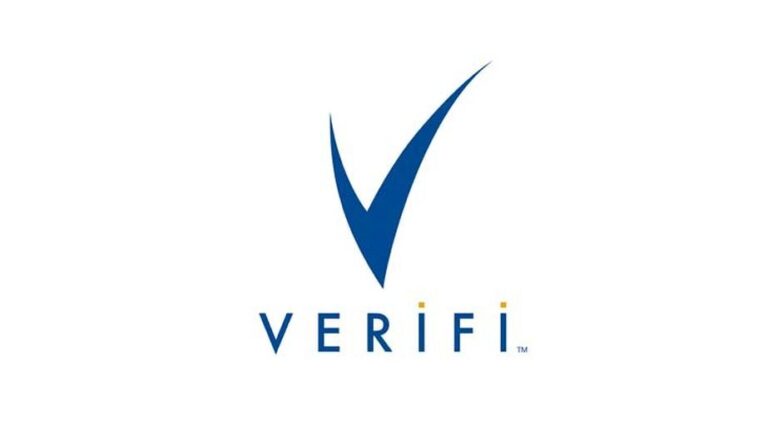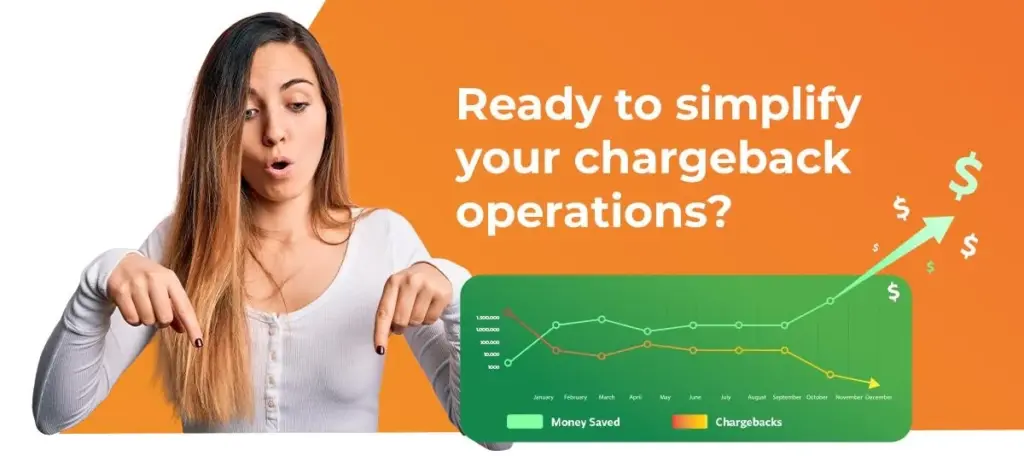What is the difference between Ethoca and Verifi Alerts?

[fusion_builder_container hundred_percent=”no” equal_height_columns=”no” hide_on_mobile=”small-visibility,medium-visibility,large-visibility” background_position=”center center” background_repeat=”no-repeat” fade=”no” background_parallax=”none” parallax_speed=”0.3″ video_aspect_ratio=”16:9″ video_loop=”yes” video_mute=”yes” border_style=”solid” flex_column_spacing=”0px” type=”flex”][fusion_builder_row][fusion_builder_column type=”1_1″ layout=”1_1″ background_position=”left top” background_color=”” border_color=”” border_style=”solid” border_position=”all” spacing=”yes” background_image=”” background_repeat=”no-repeat” padding_top=”” padding_right=”” padding_bottom=”” padding_left=”” margin_top=”0px” margin_bottom=”0px” class=”” id=”” animation_type=”” animation_speed=”0.3″ animation_direction=”left” hide_on_mobile=”small-visibility,medium-visibility,large-visibility” center_content=”no” last=”true” min_height=”” hover_type=”none” link=”” first=”true” type=”1_1″][fusion_text]
Chargeback alerts rank among the most useful tools for preventing chargebacks. When it comes to chargebacks, prevention goes a long way, helping merchants avoid chargeback fees, a rising chargeback ratio, and more. Unfortunately, the true costs for chargebacks can quickly add up for merchants. Beyond lost sales revenue, a rising chargeback ratio can result in placement in a card network chargeback monitoring program, which will incur both monthly fees and additional fees per dispute.
By using chargeback alerts provided by Ethoca/Mastercard and Verifi/Visa, merchants can head off chargebacks before they are filed. Often, this means providing a prompt refund. Losing revenue is still a hit to a merchant’s bottom line, but with chargebacks, the merchant stands to not only lose revenue from the sale, but will also be hit with added fees and processing costs. With chargeback alerts, merchants can mitigate much of this potential financial damage.
Ethoca and Verifi were both founded in 2005. In 2019, Mastercard purchased Ethoca and Visa purchased Verifi. While both companies provide chargeback alerts and other tools, there are some crucial differences between the two. We’ll cover the similarities and differences between Ethoca and Verifi below. That said, the chargeback mitigation industry is fast evolving and both companies continue to roll out new tools and features.
What Are Chargeback Alerts?
Before jumping into the details, it helps to understand broadly what chargeback alerts are. In the past, it was difficult if not impossible for merchants and card issuing banks to communicate with one another before a chargeback was filed. Chargeback alerts upended this status quo, allowing a card issuer to contact a merchant before a chargeback is filed.
Crucially, chargeback alerts provide merchants with a window to resolve a dispute before it is officially filed. This way, the merchant can head off chargeback fees and protect their chargeback ratio. A merchant may also be able to stop fulfillment, which can protect their inventory.
Ethoca Alerts Explained
Initially, Ethoca Alerts focused more specifically on stopping third-party fraud. For example, let’s say a cardholder’s account for an online merchant was compromised and fraudulent orders were placed using the account. The card issuer could identify the fraudulent transaction and send an alert to the merchant, allowing them to stop fulfillment and issue a refund. In the case of compromised accounts, the merchants could also take steps to block fraudsters from accessing the account. Ethoca has reported that merchants selling physical goods have been able to stop fulfillment up to 40 percent of the time, meaning they can mitigate inventory loss.
Simply by giving merchants a heads up that fraud may be taking place also allows the merchant to analyze other potentially fraudulent purchases. A customer may have noticed a fraudulent purchase that occurred a week ago but may be missing a fraudulent order that was just placed today, for example.
Further, by seeing how fraudsters operate, merchants can harden their systems against future attacks. A merchant seeing a high number of account takeovers might start monitoring for suspicious IP addresses or could require customers to set up two-factor identification, for example.
Ethoca Alerts work with not only Mastercard cards but also Visa, American Express, and Discover. Some tools offered by Ethoca currently work only with Mastercard cards. Ethoca Alerts aim to resolve disputes within 24 hours. Ethoca Alerts also work for chargebacks not caused by third-party fraud. For example, merchants can receive alerts for pending chargebacks that were the result of merchant error. The merchant will receive a reason code in the alert, helping them identify the source of the problem.
A Quick Look at Mastercard Collaboration Alerts
Mastercard also offers another tool, called Mastercom “Collaboration Alerts,” which works only with the Mastercard network. If you have Ethoca Alerts set up, the bank will see that first and should use the Ethoca Alerts rather than the Mastercard Collaboration Alerts. If a merchant doesn’t have prevention alerts setup, but has set up Mastercard Collaboration Alerts, the merchant’s acquirer can send the alert through that.
Like Ethoca Alerts, collaboration alerts will streamline the dispute process and allow merchants to settle disputes in a matter of days, rather than weeks or months. Merchants that use Ethoca prevention alerts ultimately won’t need Mastercom collaboration alerts.
Verifi Chargeback Alerts Explained
Verifi/Visa offers two distinct solutions: the Rapid Dispute Resolution (RDR) and the Cardholder Dispute Resolution Network (CDRN®). Merchants can sign up for both solutions and will receive only 1 alert from either RDR or CDRN, depending on what program the card issuer is enrolled in.
The Cardholder Dispute Resolution Network operates globally and covers cards from other networks, including Mastercard, Discover, and American Express. Once a pre-dispute is initiated through CDRN, the merchant has 72 hours to respond. If there is no response, a chargeback is filed.
The Rapid Dispute Resolution (RDR) solution works only with Visa cards. RDR features automated dispute resolution, allowing merchants to set rules to automatically issue refunds in various circumstances. For example, you can set the system to refund all disputes made in American dollars but not in Canadian dollars. If the automated decisioning system isn’t triggered, a chargeback will be filed. Ethoca does not offer a similar automated decisioning system at this time.
Managing Both Ethoca and Verifi Solutions
The chargeback alert tools offered by both Verifi and Ethoca can be very useful for reducing chargebacks and resolving disputes. In the past, managing chargebacks was a time-consuming process, but with alerts, merchants can save both labor and time. Resolving a traditional chargeback can take weeks or even months. With alerts, disputes can be resolved in a matter of minutes, and at worse, a few days.
Ultimately, the solutions offered by both Verifi and Ethoca are useful. In the past, Ethoca was stronger internationally, while Verifi was stronger in the United States. However, both Ethoca and Verifi now have a strong national (USA) and international footprint and increasingly cover transactions made outside of their parent card network.
Managing both solutions can be difficult for merchants. Fortunately, with ChargebackHelp’s RESOLVE suite, you can manage both Ethoca and Verifi alerts directly through our easy-to-use dashboard. This way, you can save time and streamline the alert process no matter who’s sending it. Ultimately, chargeback alerts can prove crucial for preventing chargebacks and protecting merchants from a rising chargeback ratio, chargeback fees, and more.
[/fusion_text][/fusion_builder_column][/fusion_builder_row][/fusion_builder_container]








